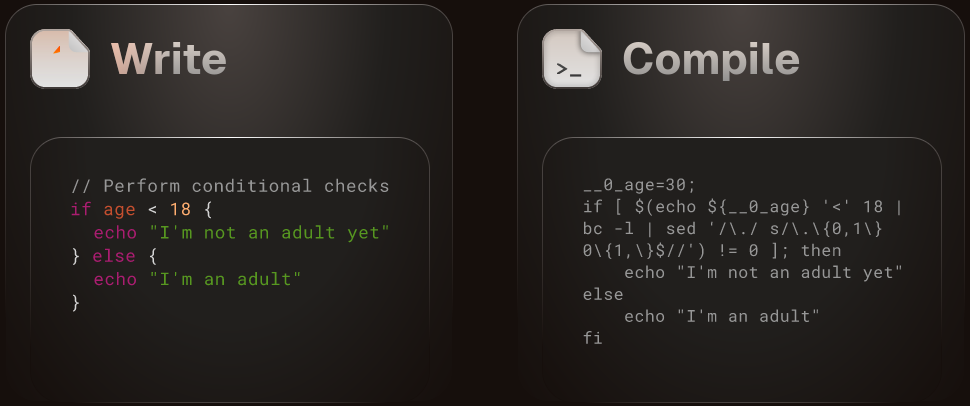

If you’re hobby programming then do whatever you want obviously but if you’re part of some sort of larger project that’s trying to decide between Rust and C++ then subjective aesthetic arguments probably aren’t going to be considered as heavily as technical ones (and rightfully so), which in Rusts case could be that certain classes of bugs are impossible. That’s not to say that it’s not possible to make a technical case for C++ over rust but syntax preferences probably aren’t going to play a large role in how widely used either languages are, which is good.


I dunno, CMake has one of the worst syntaxes I’ve ever seen, and despite that it’s one of the most popular languages used for C/C++ build scripting. This is because it has certain technical benefits compared to its competitors. I’m certain that having “bad” syntax is a disadvantage but it’s less important than other factors. Also I don’t think that Rusts syntax is universally disliked either.